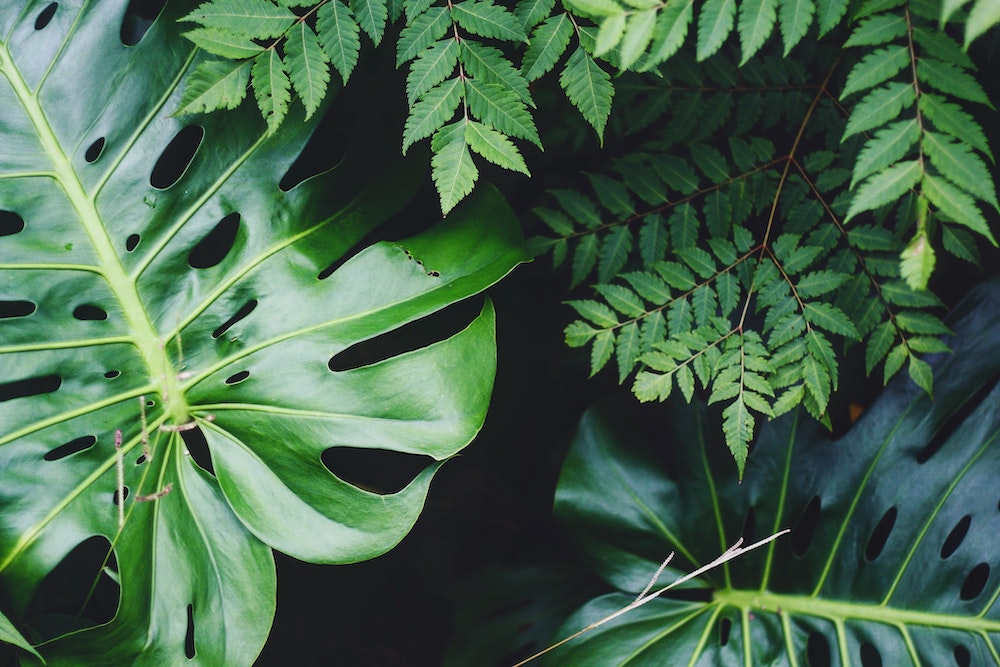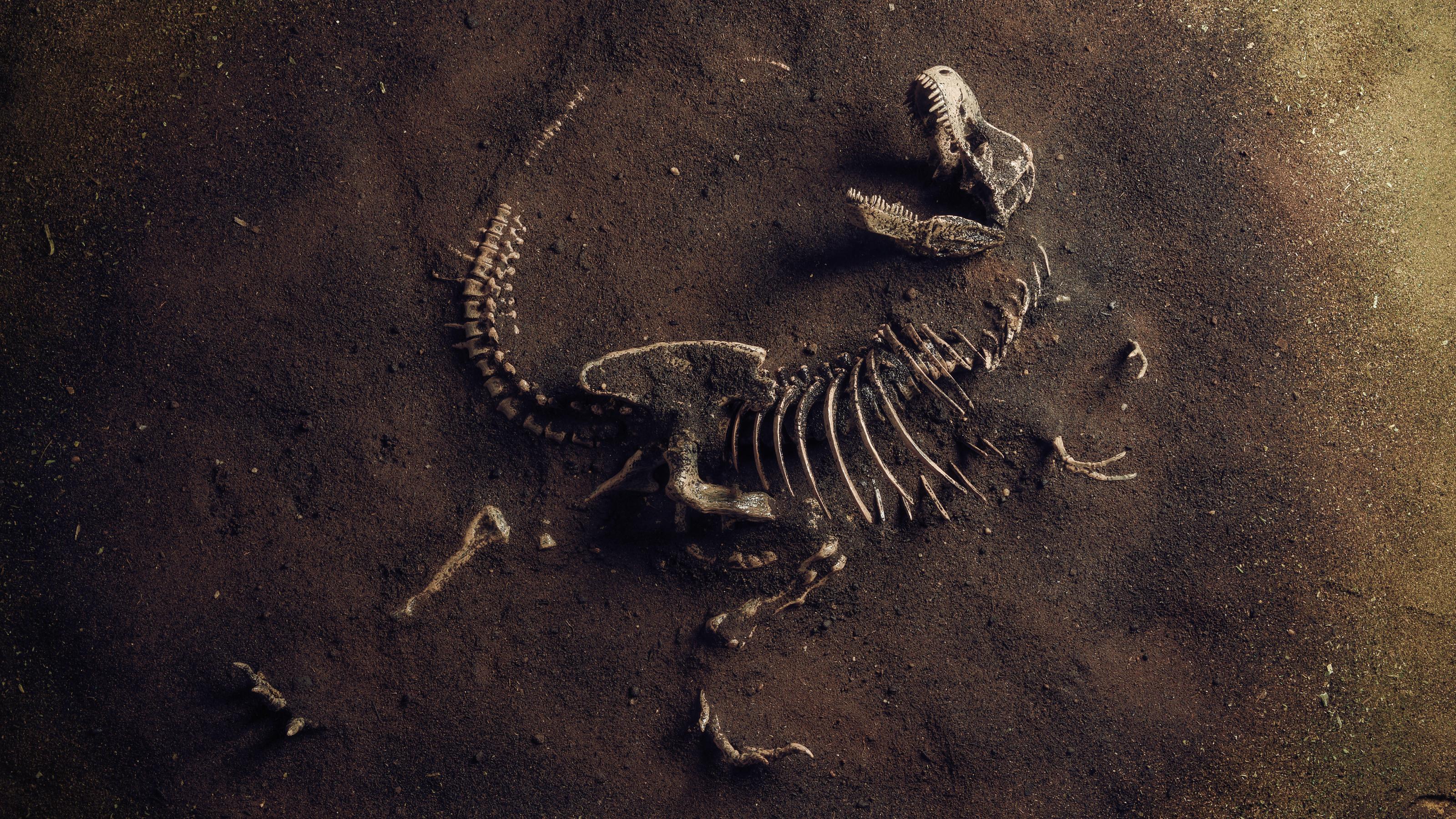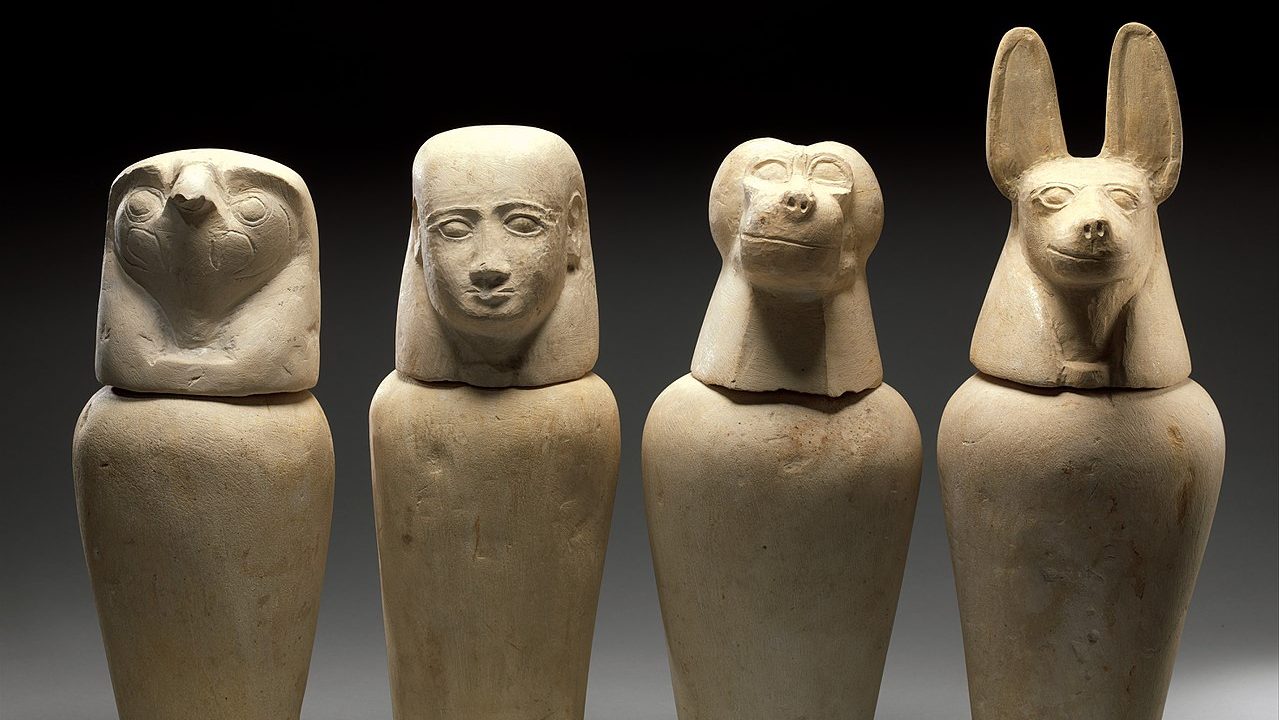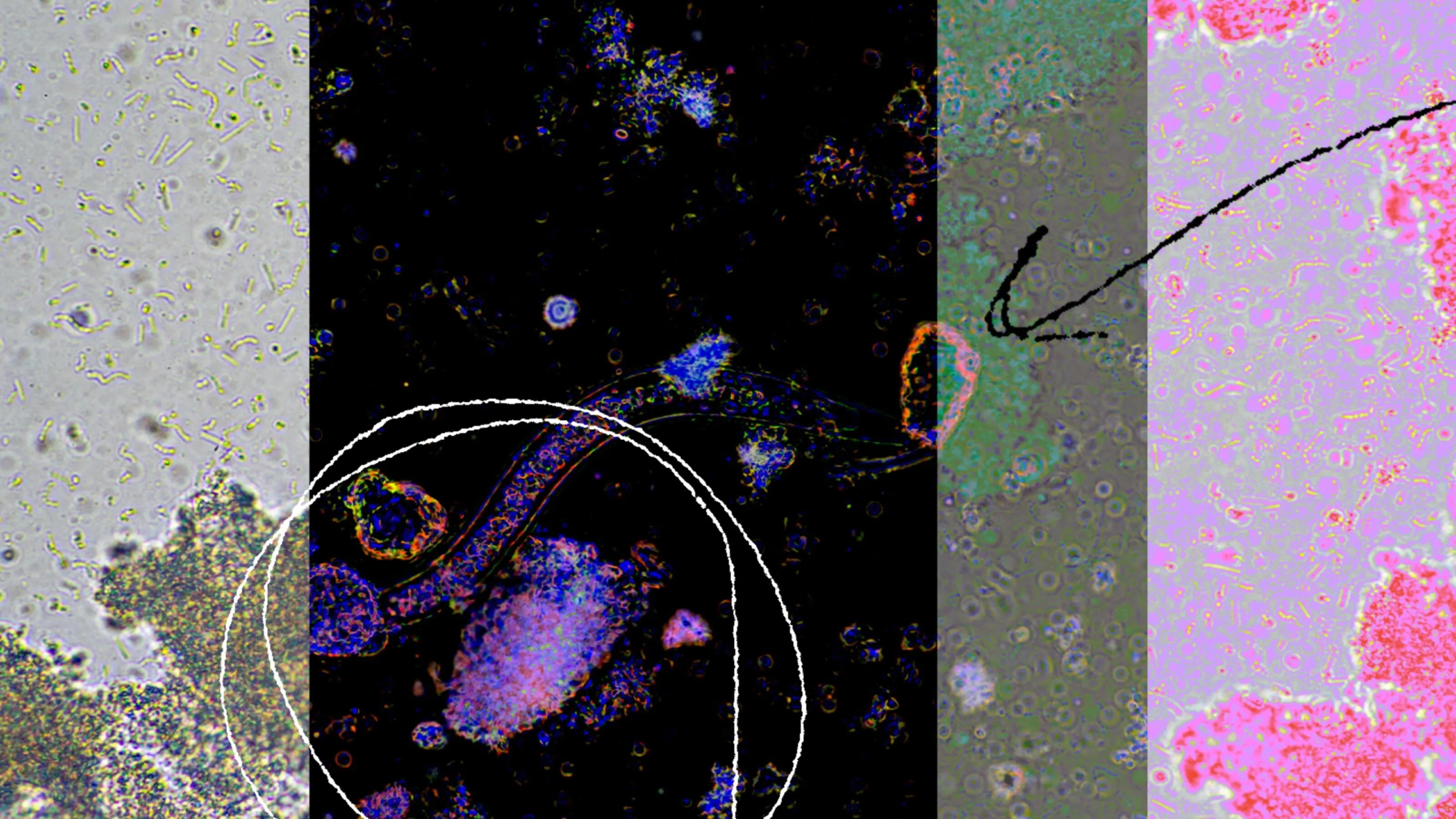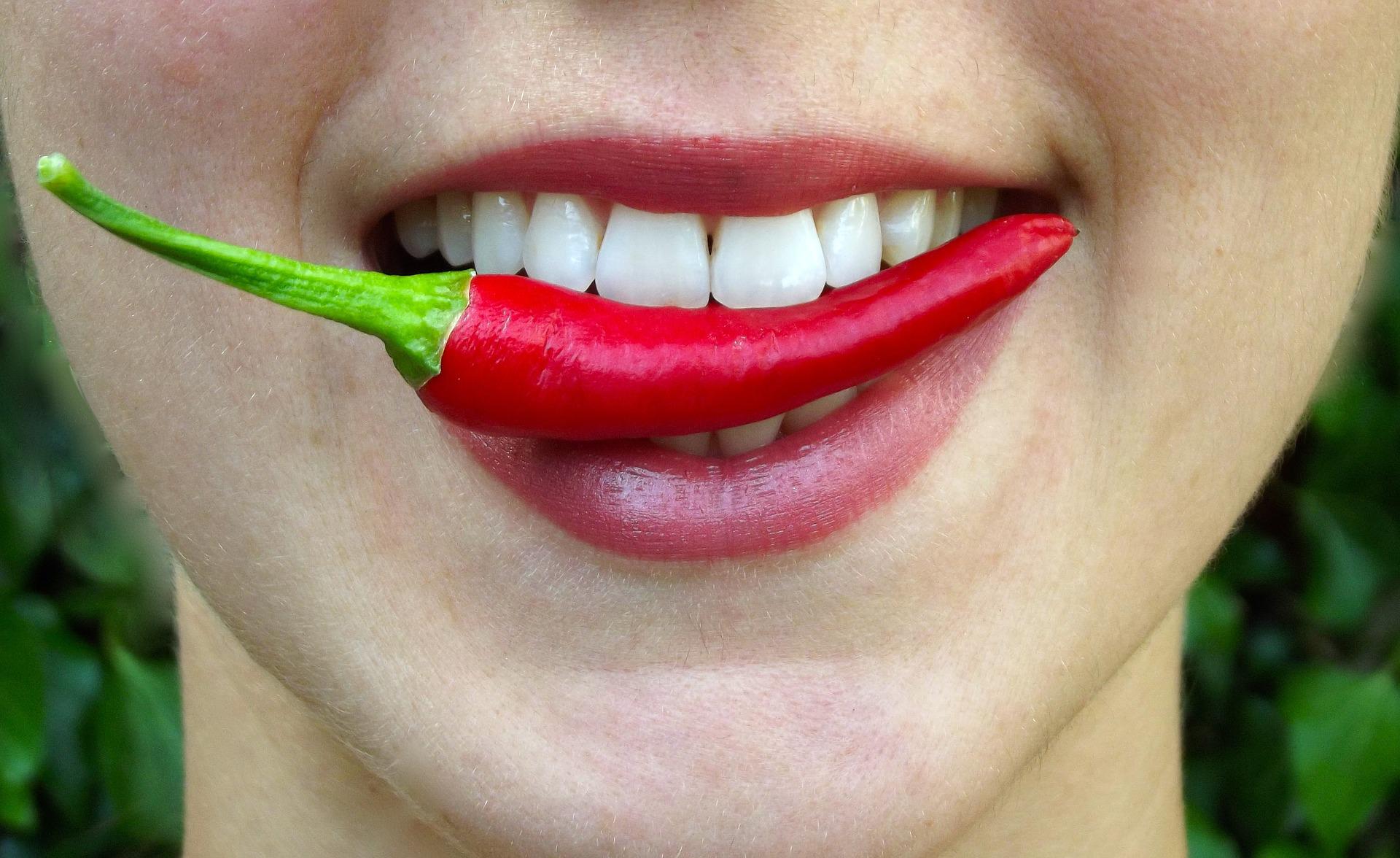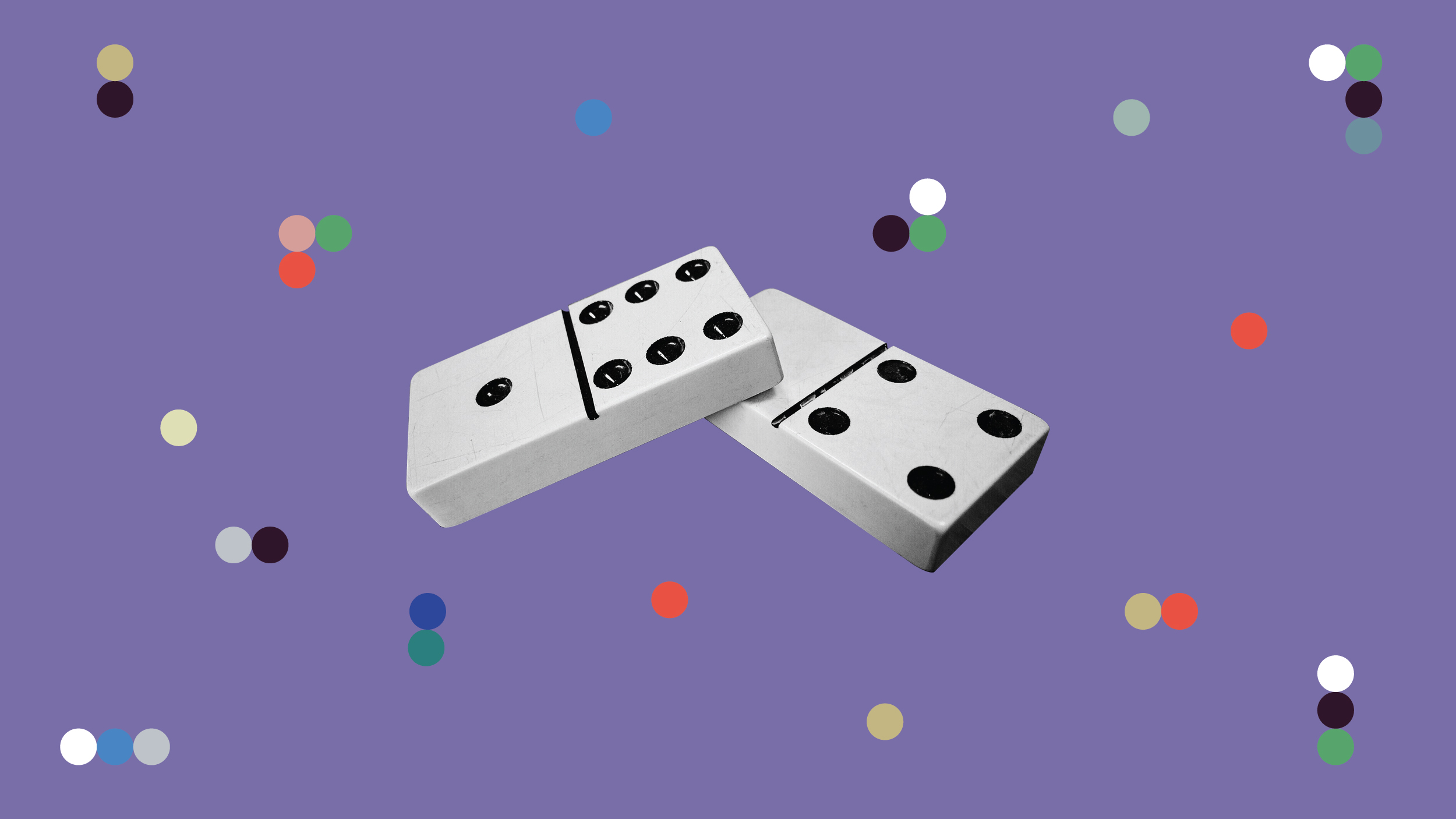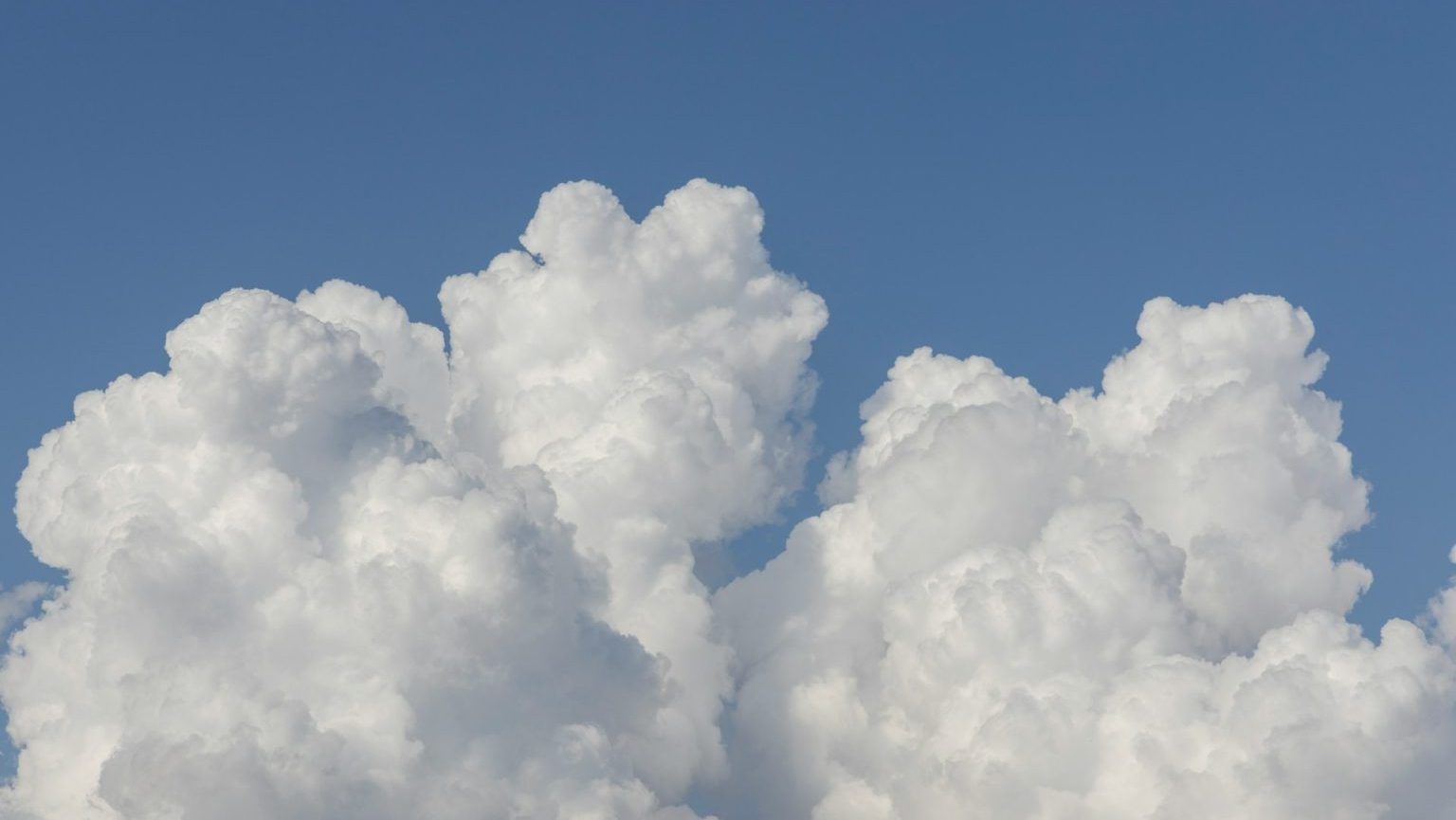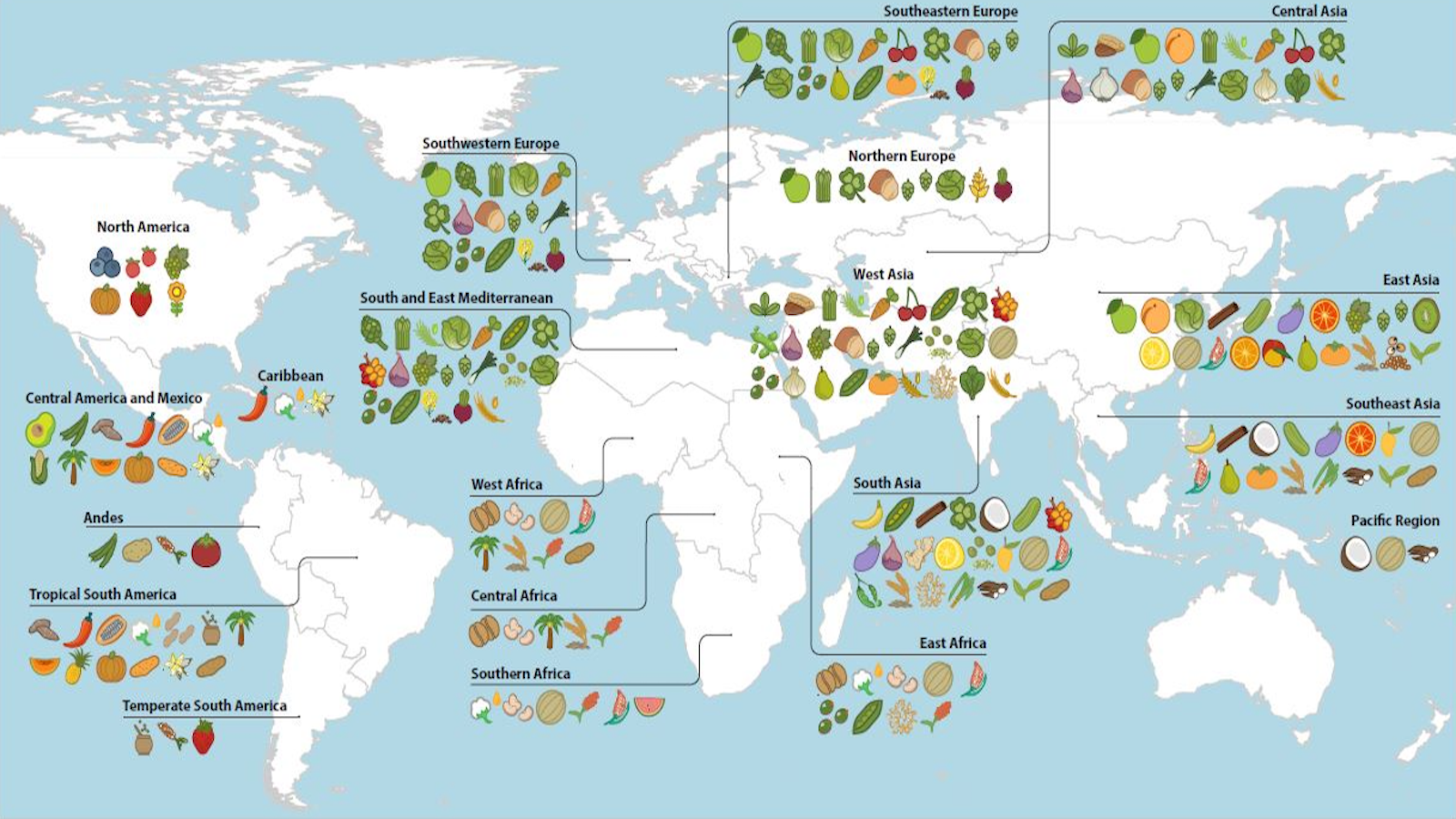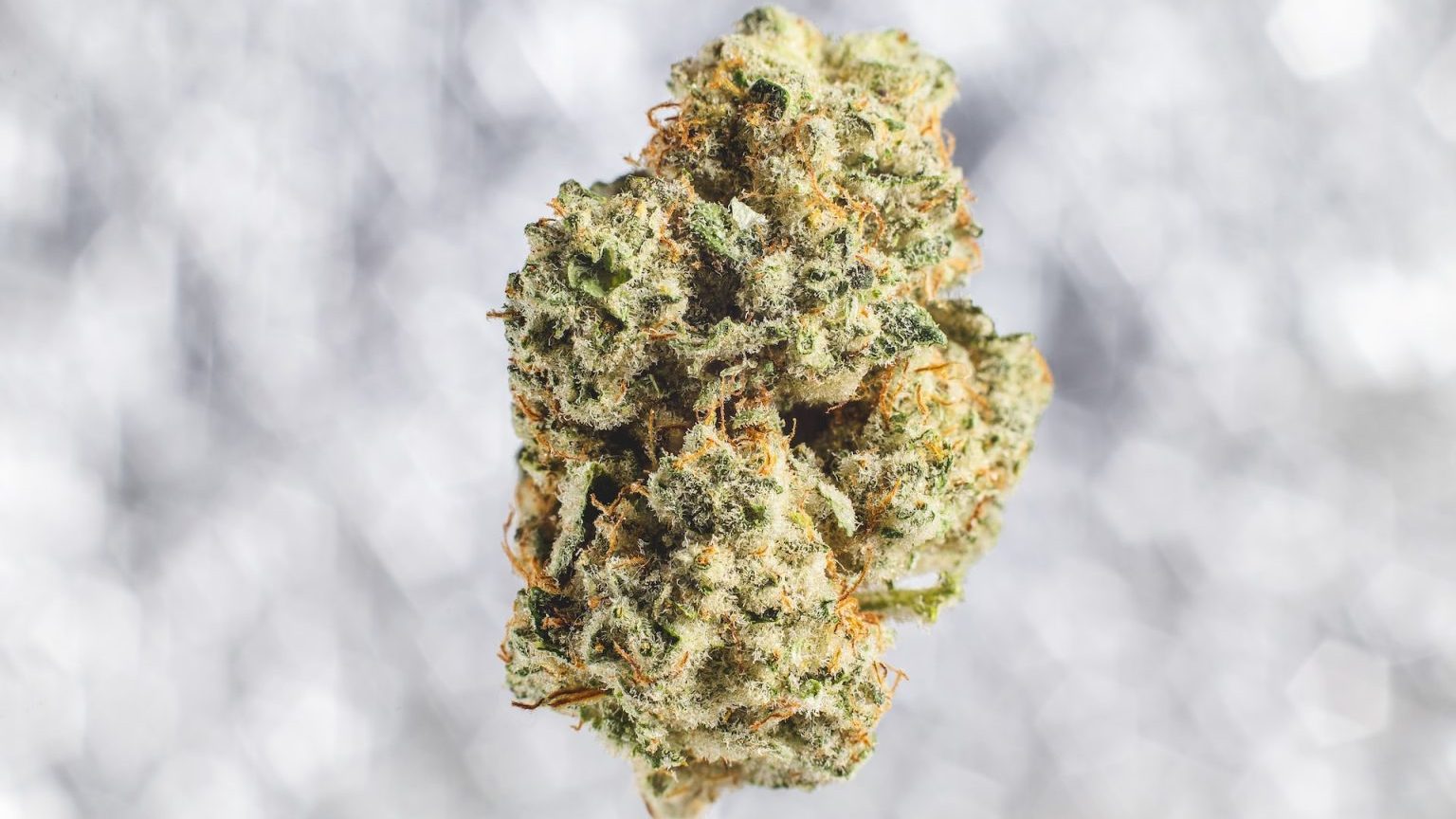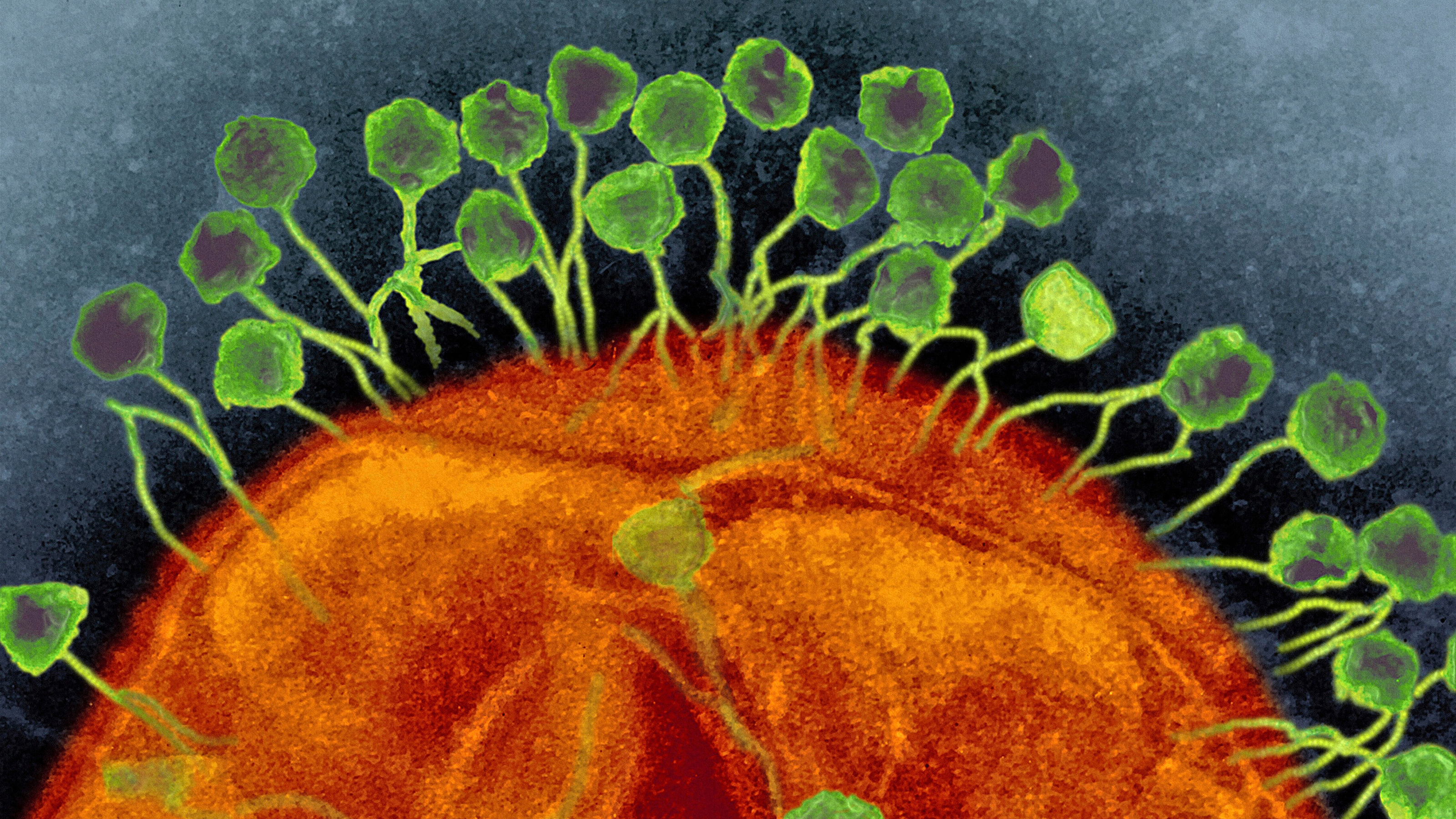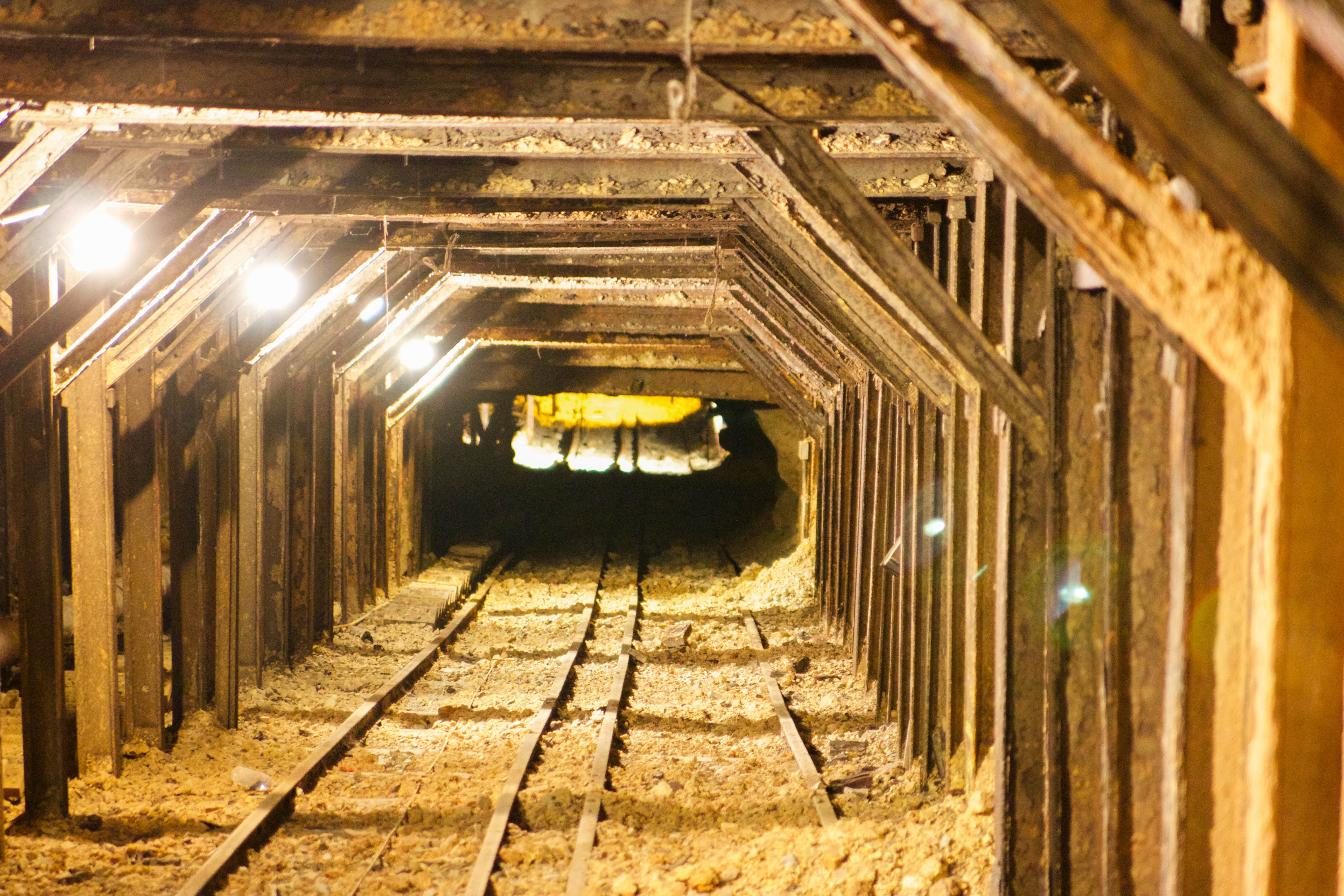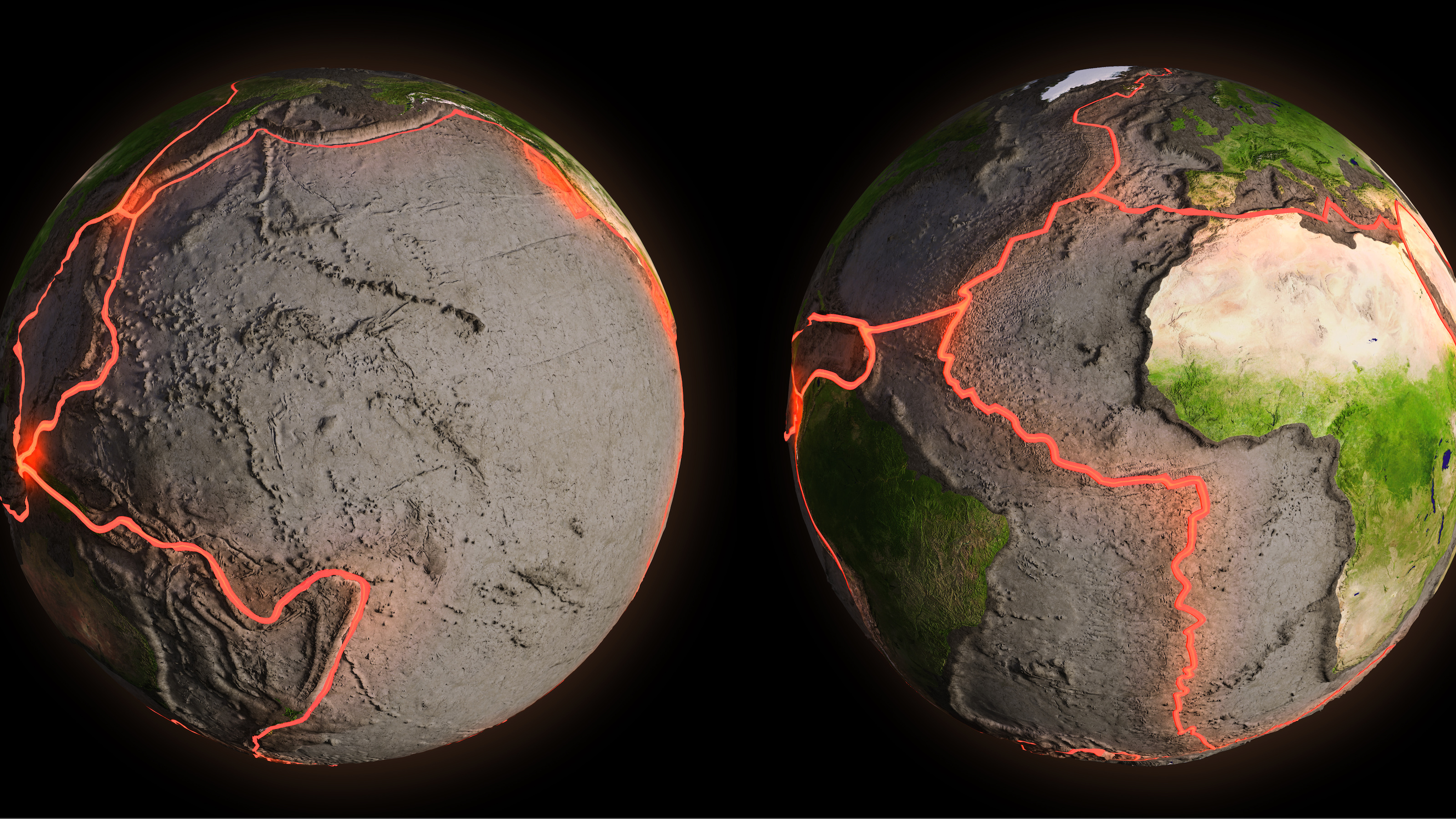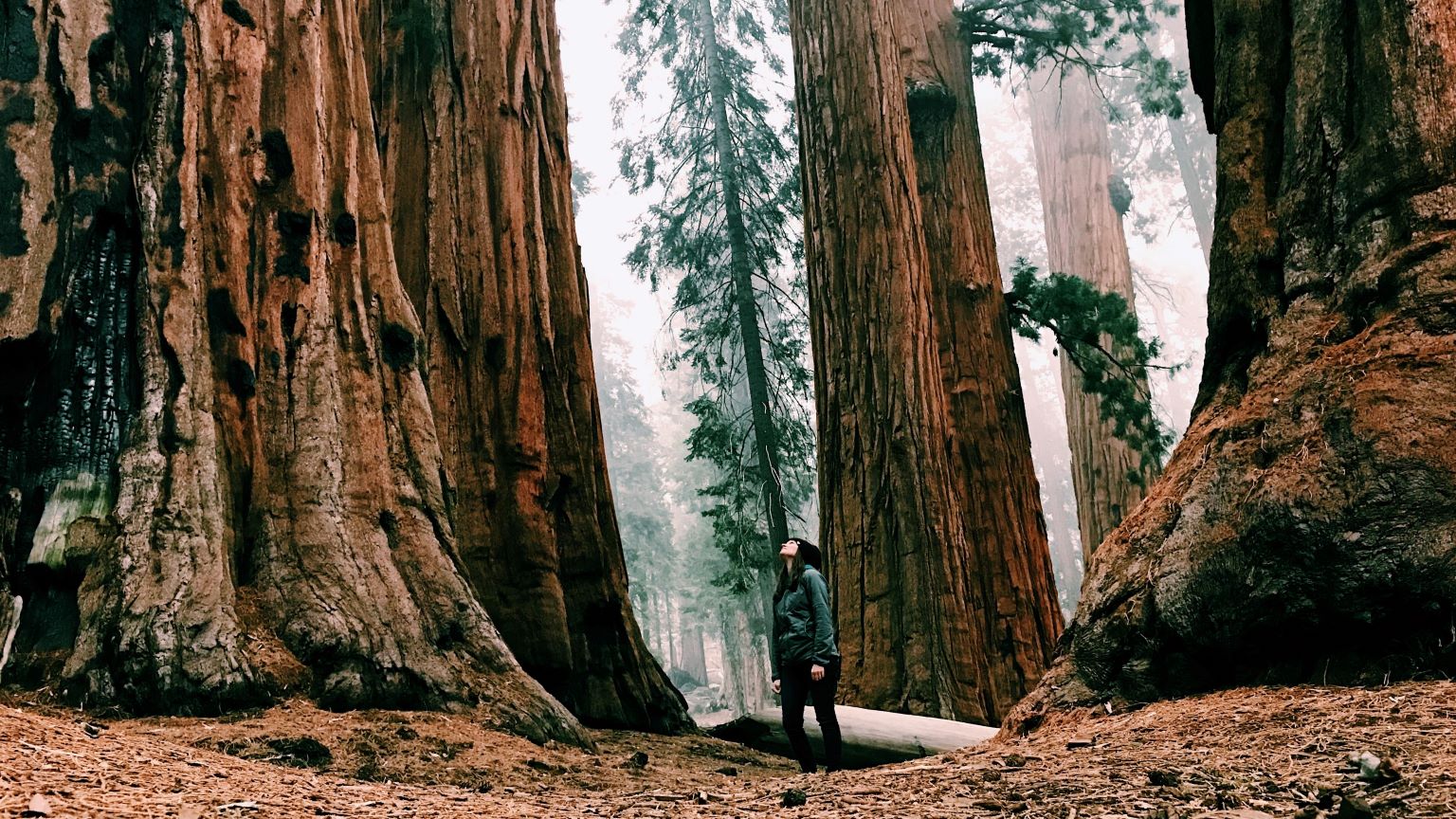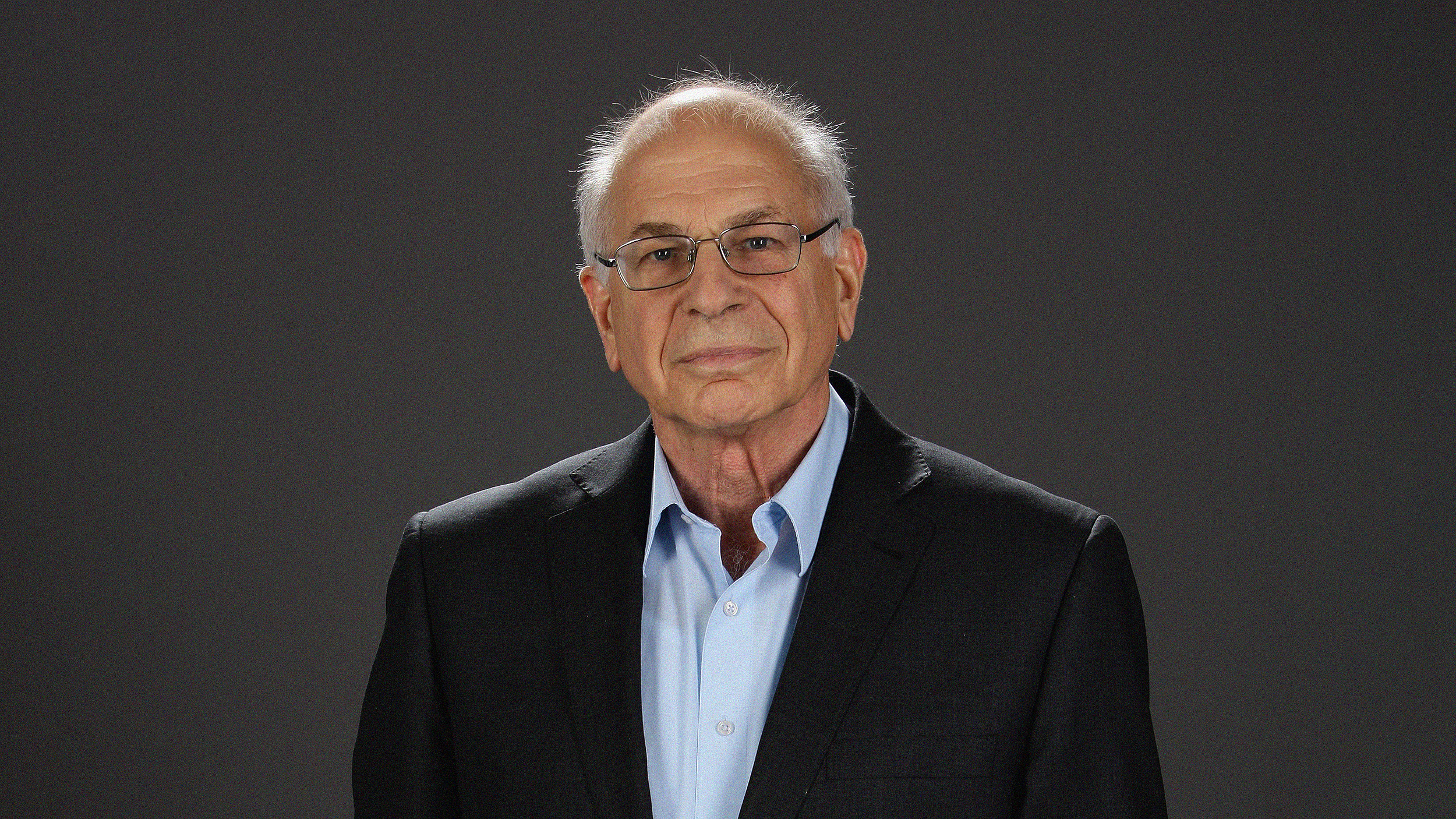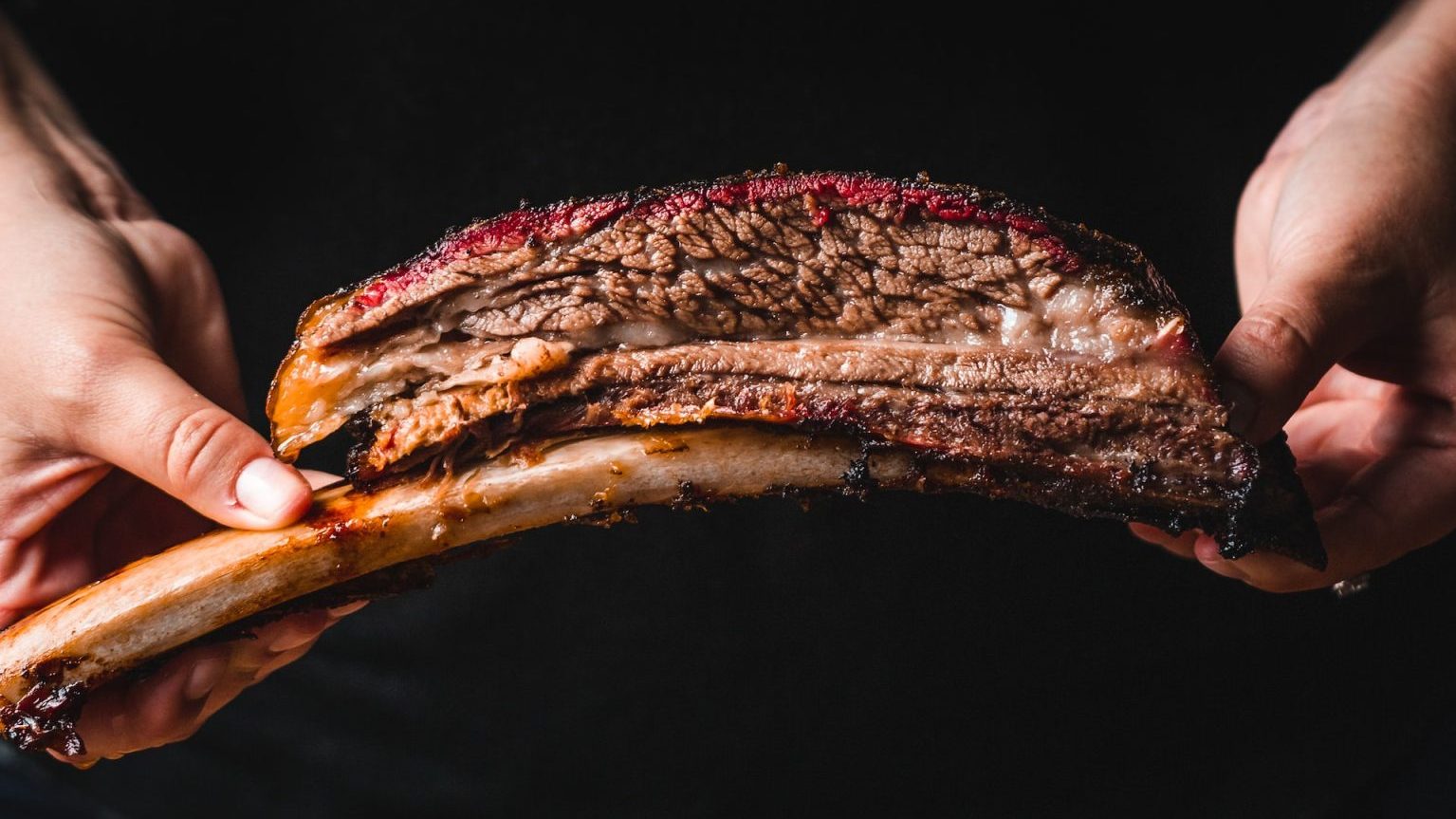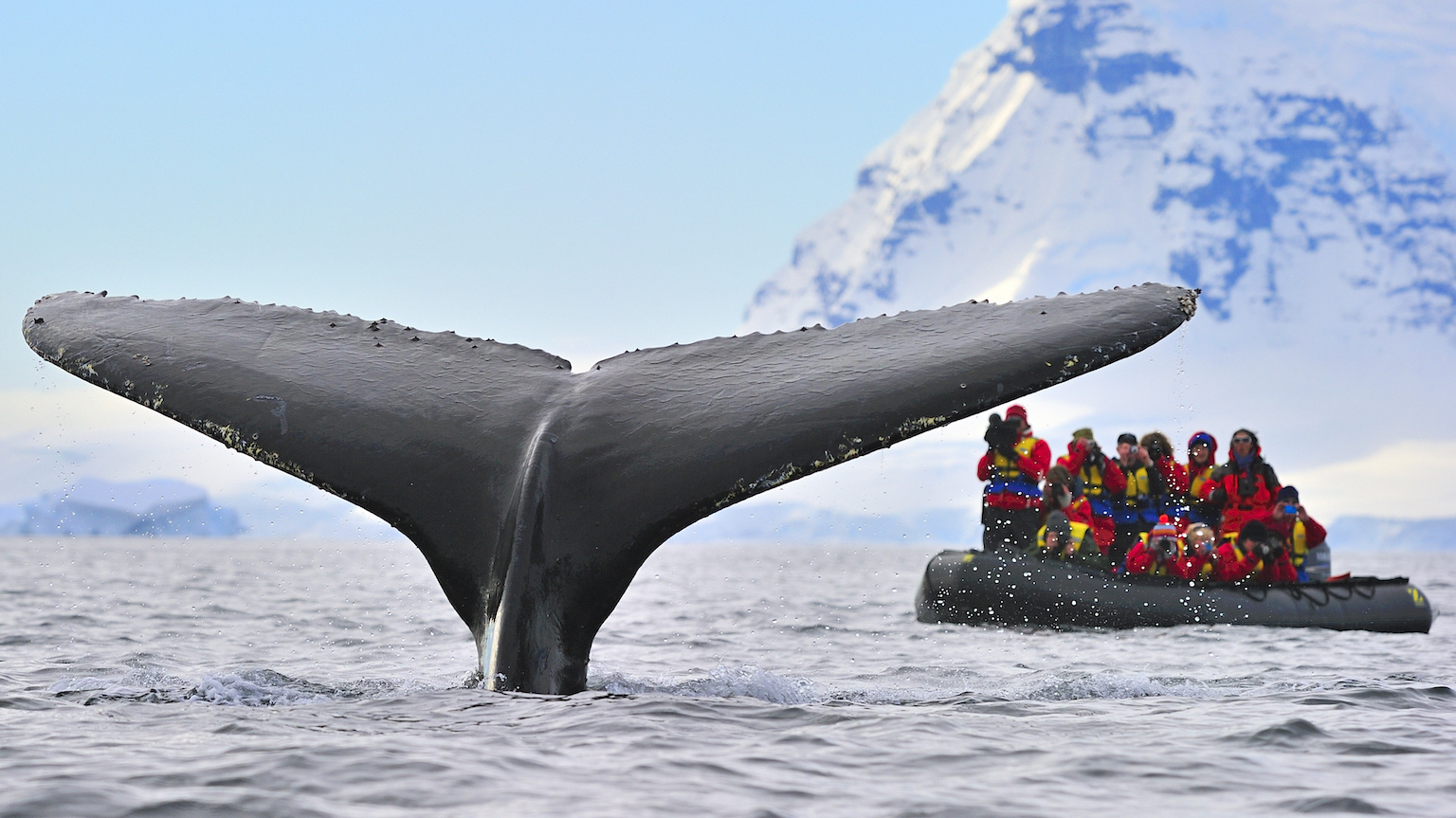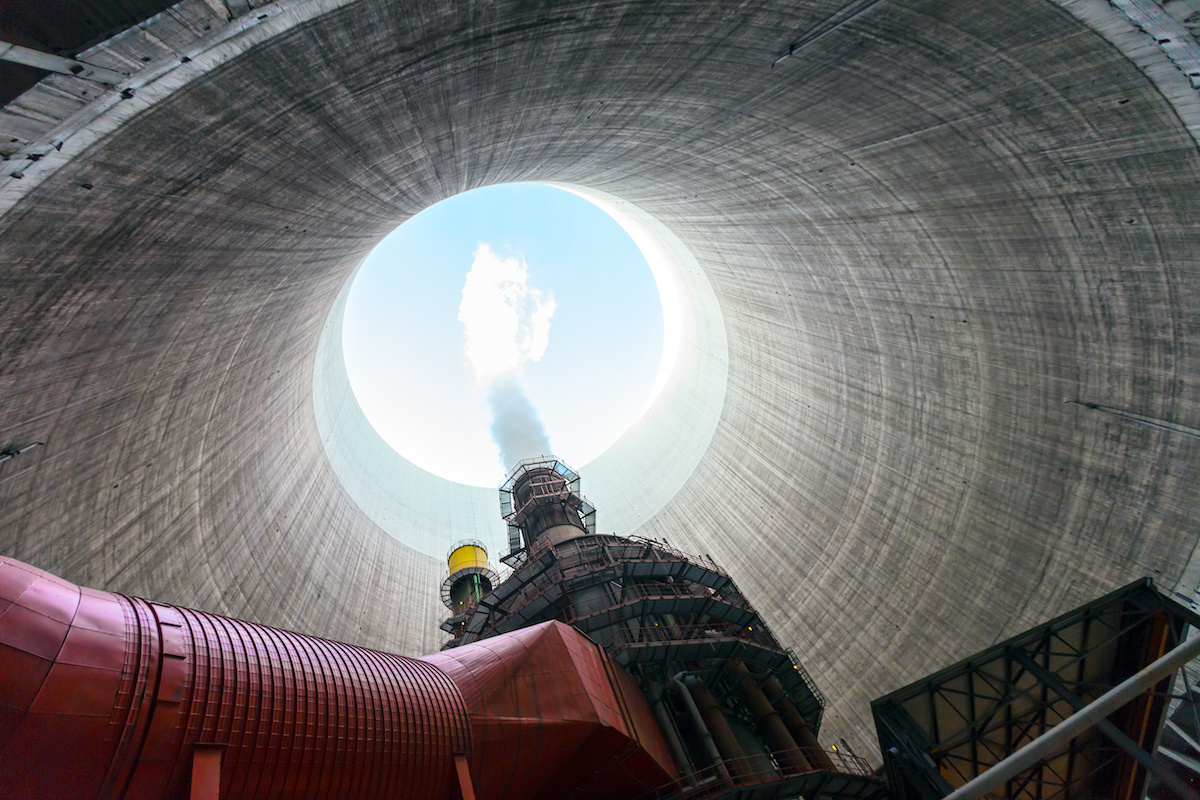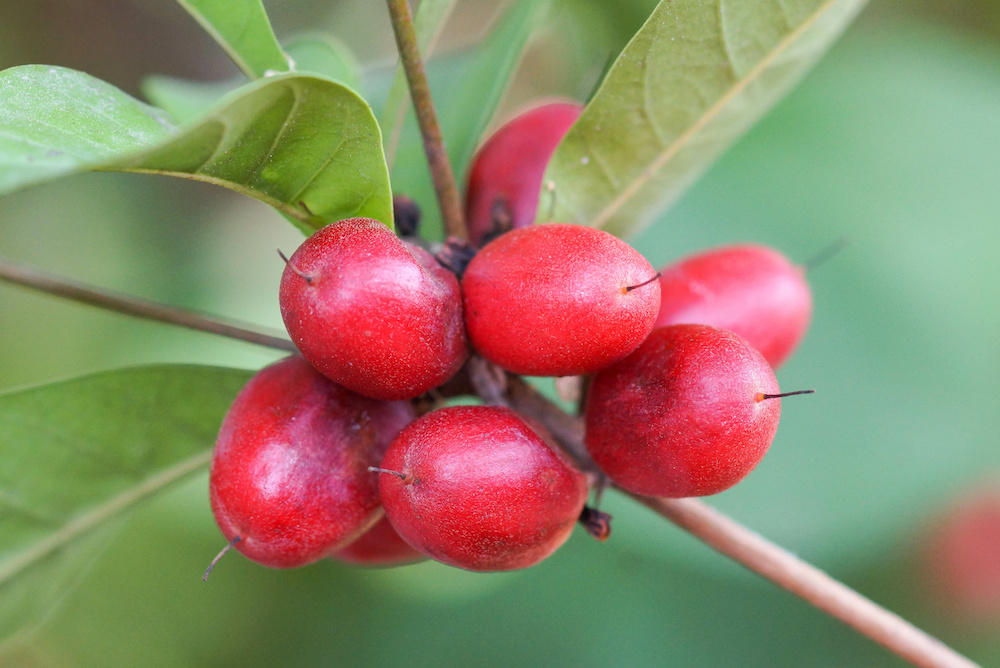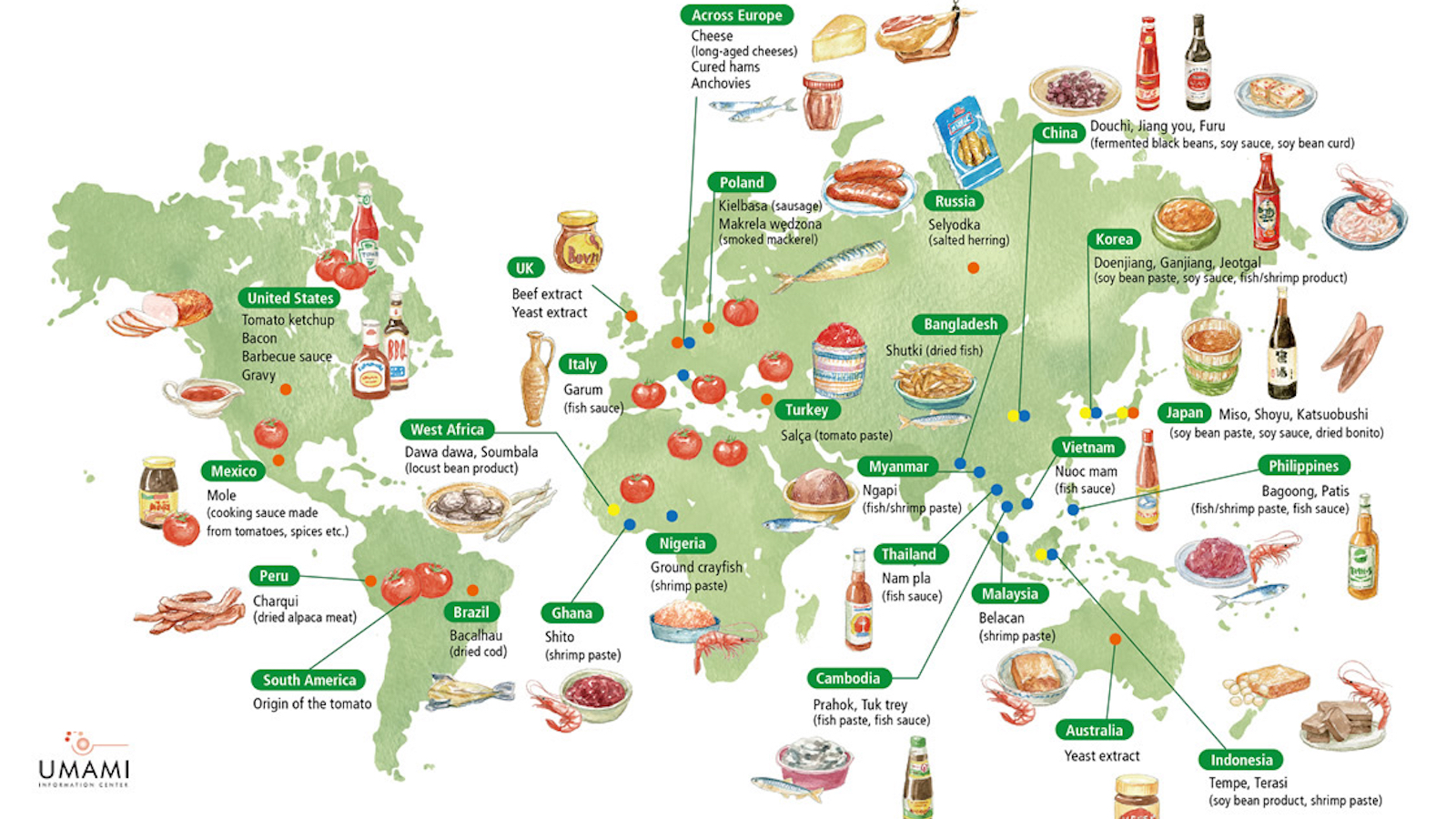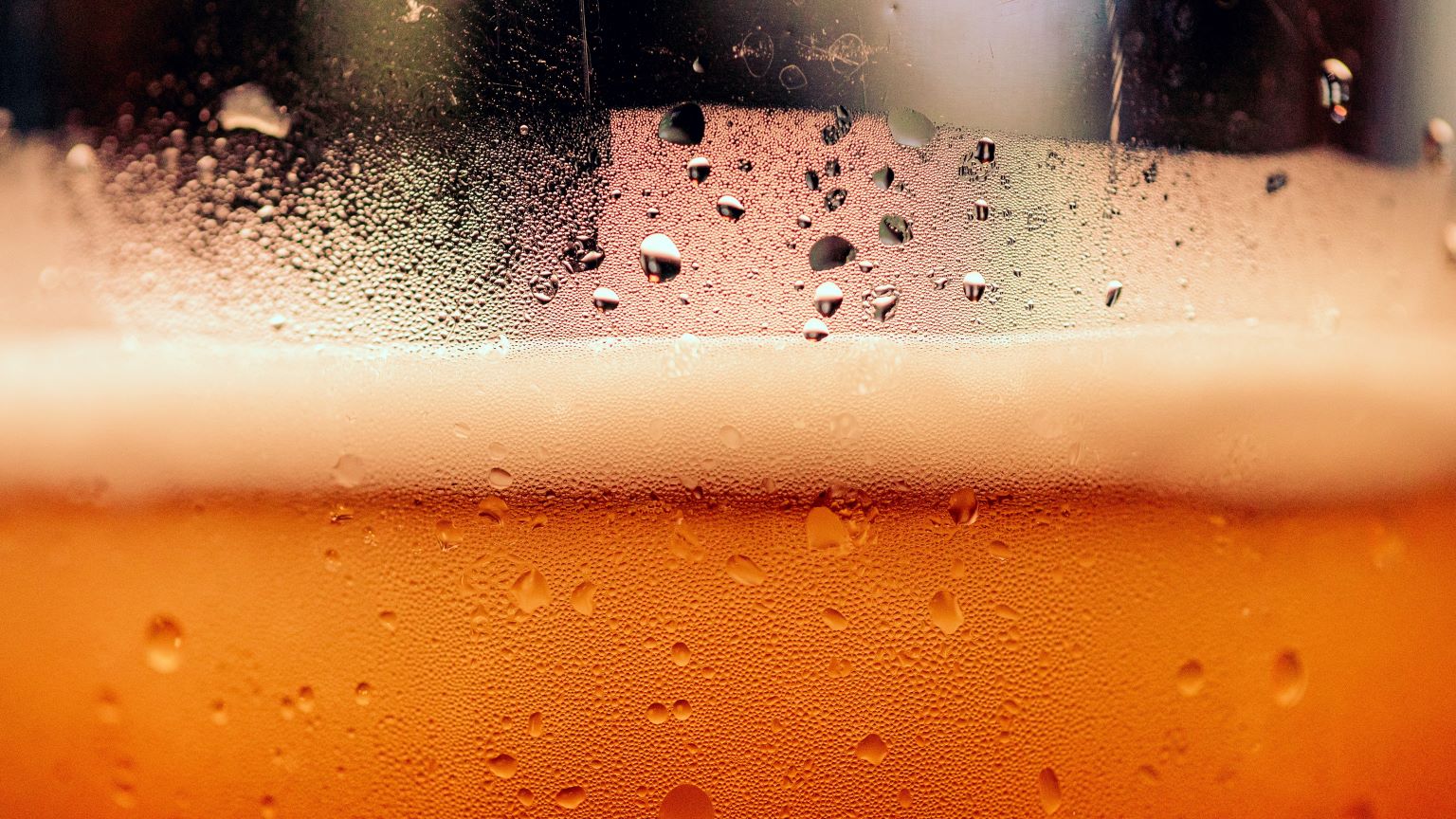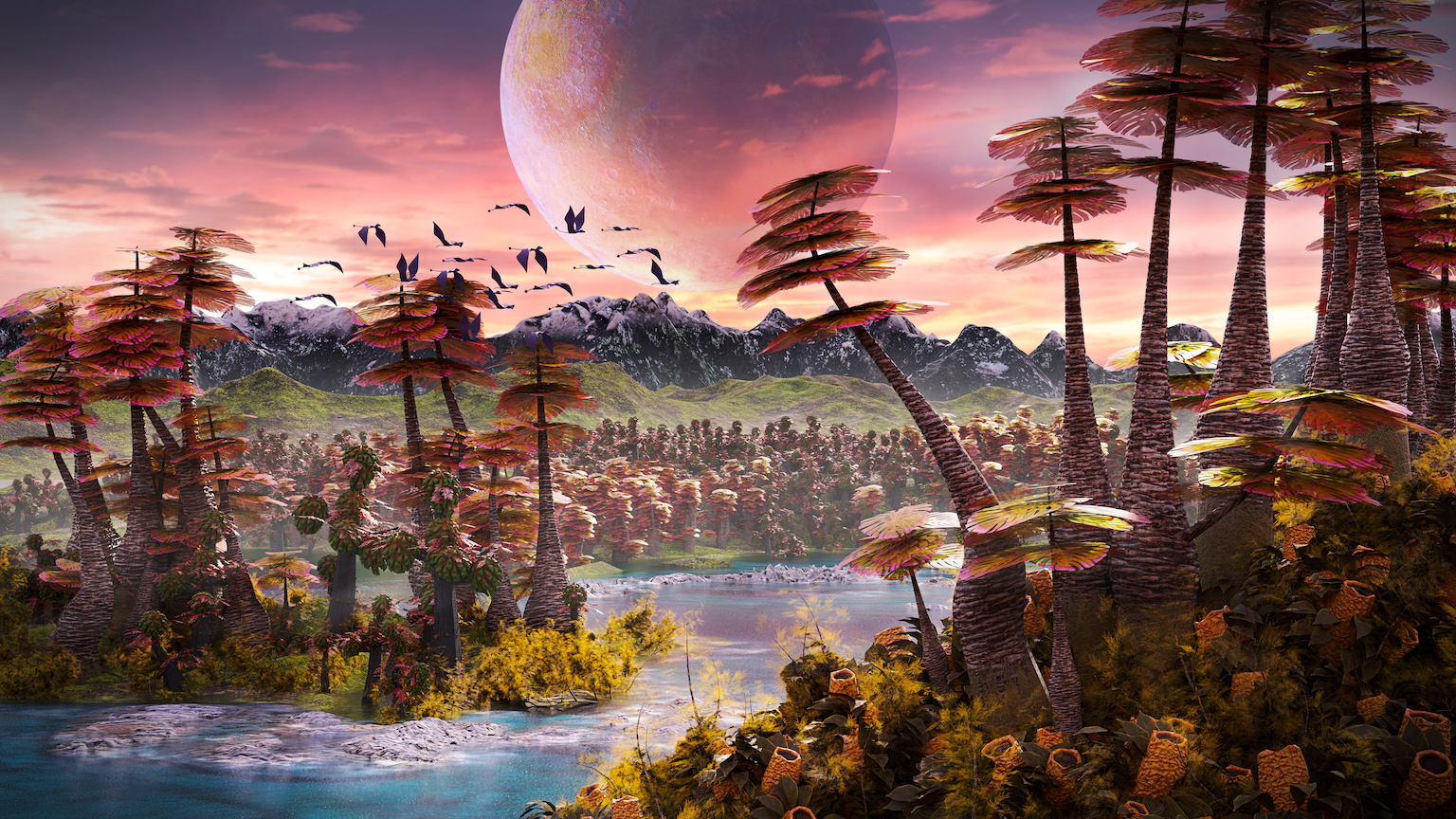Life largely owes its existence to this equation. Be sure to hug your house plant today.
Search Results
You searched for: Plants
The stench of death is actually fairly pleasant.
If you gave me $400 and I gave you $3.15, would you consider yourself wealthier? That’s a financial analogy for the supposed fusion power “breakthrough.”
We don’t yet know if these strange “obelisks” are helpful or harmful.
Spicy foods are enjoyed the world over, but scientists don’t know why people partake in culinary masochism.
As the Manhattan Project headed for completion, German attempts to build a nuclear weapon had already been dismantled.
Brands like BMW, Walmart, and IBM are seeing big wins from the use of gamification in corporate training. Here’s how.
Aptera expects to begin delivering its solar-powered car later in 2022.
69 percent of the global diet is “foreign,” says a study that pinpoints the origin of 151 food crops.
A healthy endocannabinoid system is critical to the human body’s immune functions.
Growing evidence suggests a link between the debilitating neurological illness and the microbes that live in our intestines. The vagus nerve may be a pathway.
Your brain is trying to show you the future.
Pando, which is Latin for “I spread,” is a single organism spanning some 106 acres.
Researchers estimate there may be as many as ten million trillion trillion phages on Earth — that’s 10 with 30 zeros after it.
Capacitors, acid batteries, and other methods of storing electric charges all lose energy over time. These gravity-fed batteries won’t.
The cycles of life all rely on the dynamism of the Earth’s crust.
Two types of leaves for two different drastic weather conditions.
Kahneman was a world-changing psychologist — even with his lesser known ideas on life satisfaction.
With around 5,000 summertime residents, increased tourism, and a warming planet, it is becoming difficult to protect Antarctica from invasion.
After the 2011 Fukushima disaster, it was Germany, not Japan, that cracked down most severely on nuclear power plants.
Bite into a miracle berry and you’ll perceive intense sweetness — but only after you eat something acidic, too.
Germany finds itself once again allowing a murderous dictator to run rampant in Europe, though this time it is due to incompetence and technophobia rather than malice.
One dose of ibogaine was shown to dramatically reduce depression and PTSD.
Sweet, bitter, salty, sour. These are the four basic tastes we were taught in grade school. But there is a fifth: umami. And it’s everywhere.
In a nod to its addictive qualities, it was first dubbed “Some More.”
Anyone up for a crisp, blonde ale?
Multiple lines of evidence — physical, chemical, and biological — must converge for scientists to conclude that alien life has been found.
